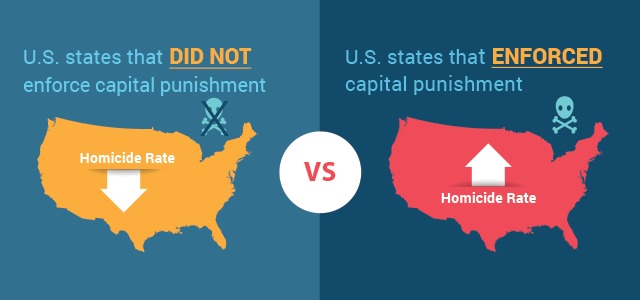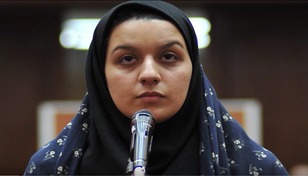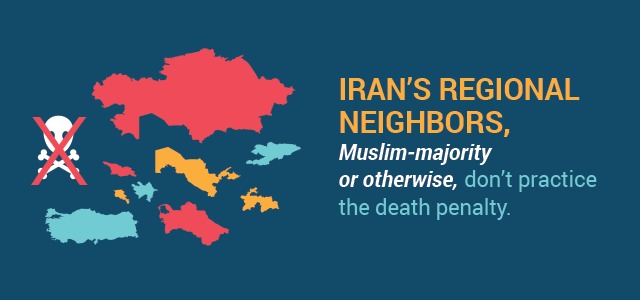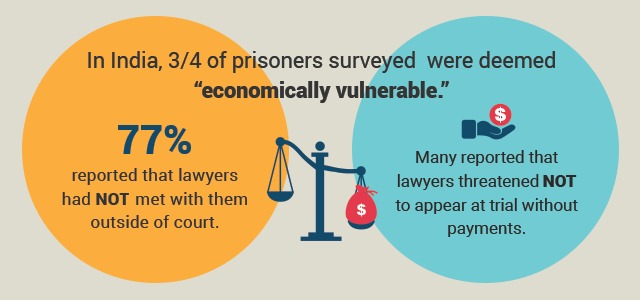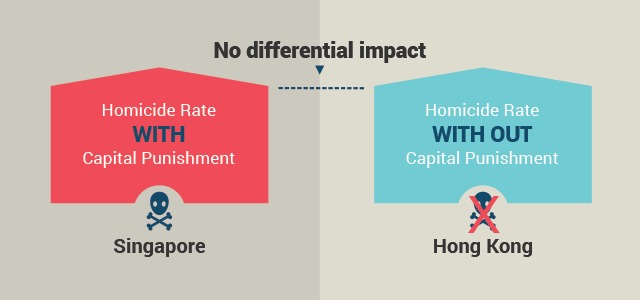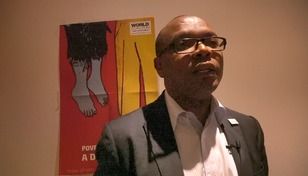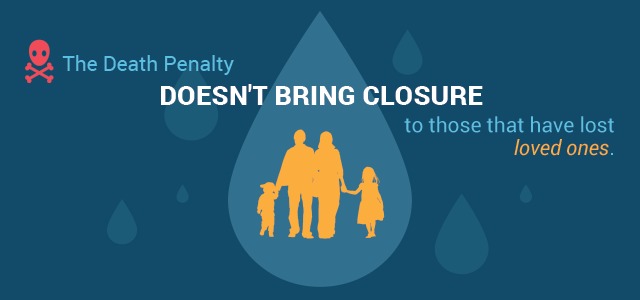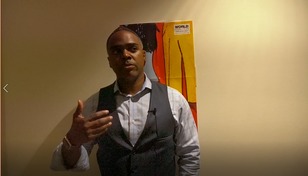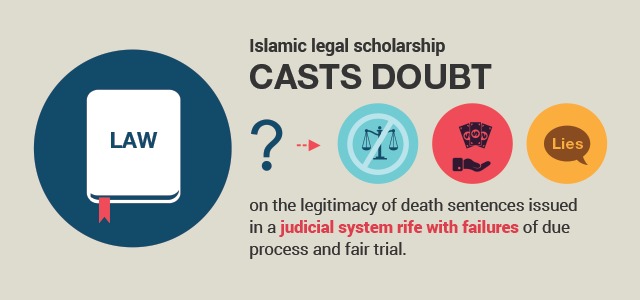Retentionist autocratic governments like Iran’s treat executions as a state secret, denying the public systematic access to legal proceedings and reliable statistics. They limit informed civil society discussions around capital punishment and obstruct free public debate among the very people criminal justice is supposed to serve and protect.
No government can legitimately invoke popular will or public support for a policy whose workings it hides. Iranian judiciary officials regularly deny details of the judicial process (i.e. the absence of attorneys during interrogation, the nature of evidence against defendants, and how the evidence was obtained.) In many cases, they even refuse to hand defendants and lawyers court documents (i.e. verdicts and indictments.) What do they seek to hide?






